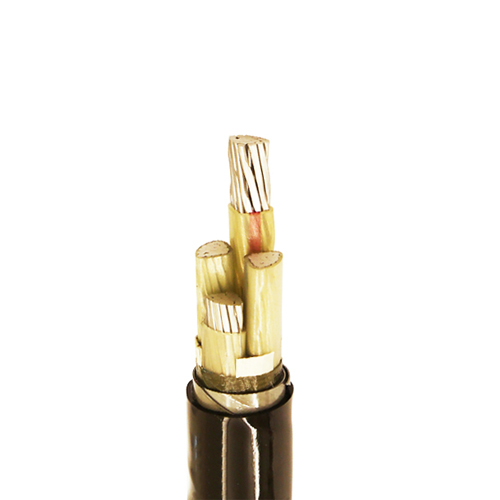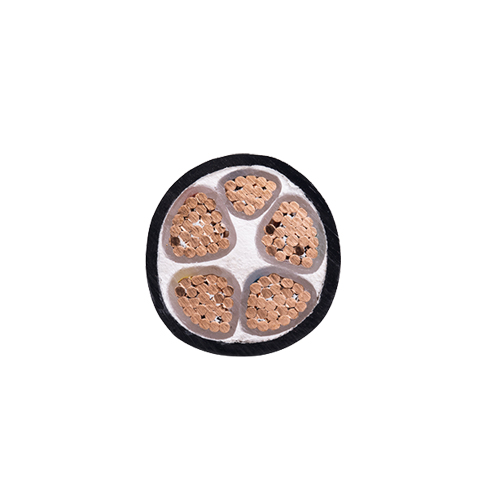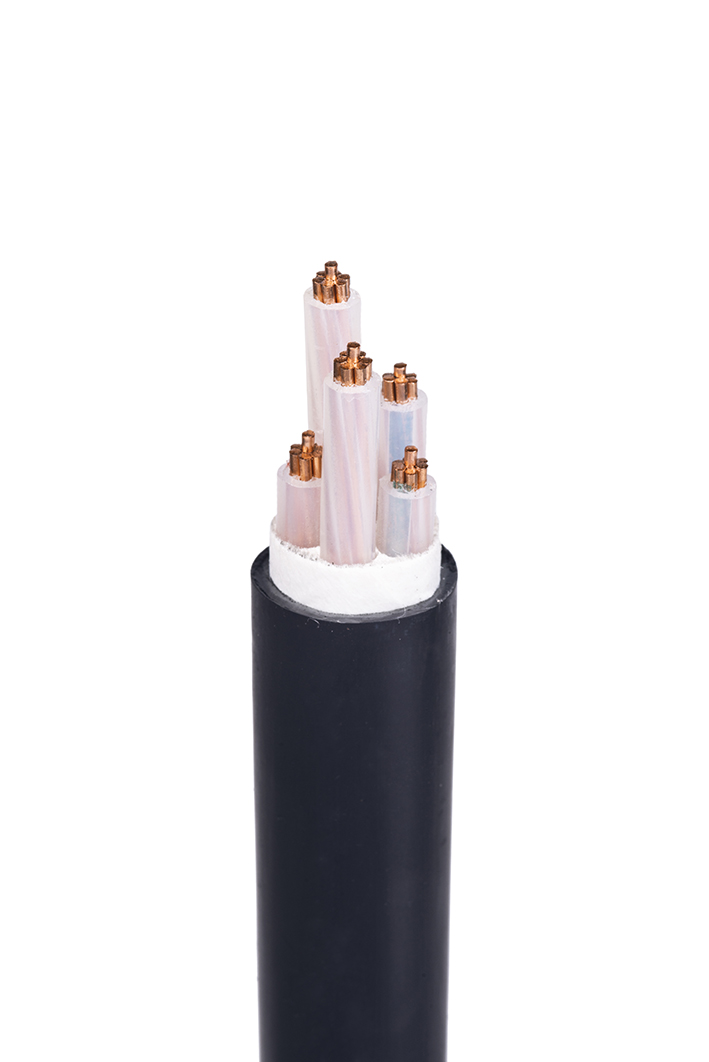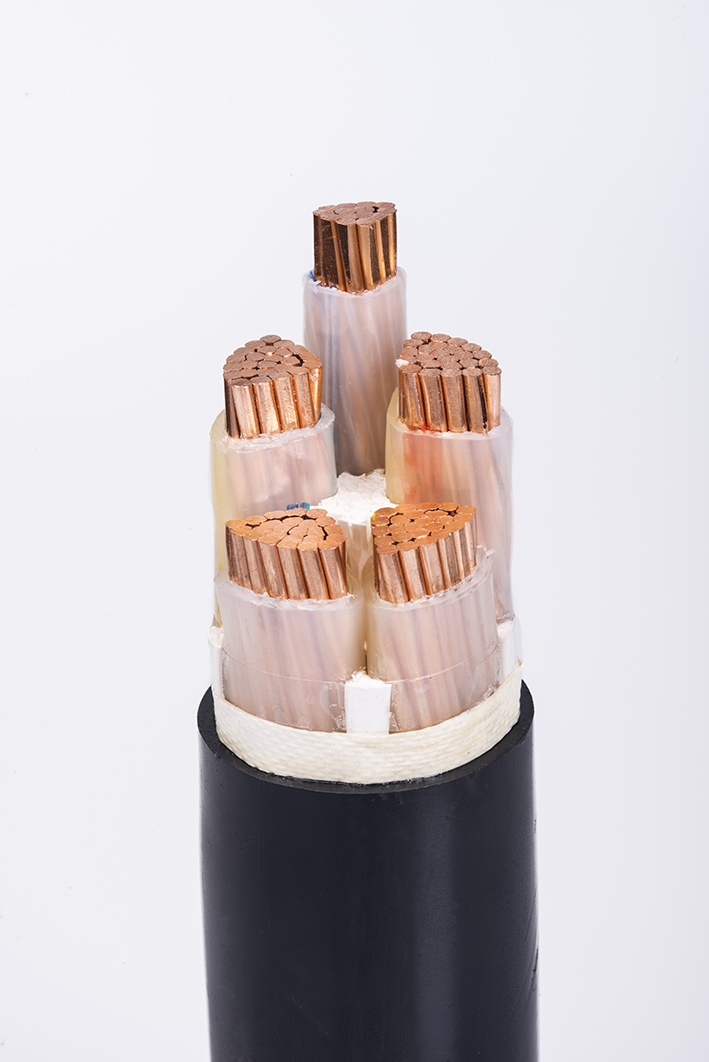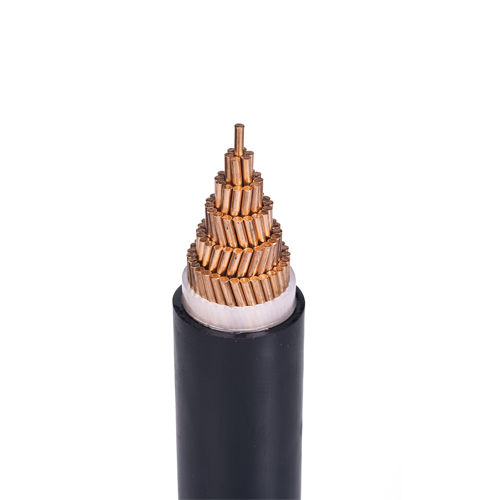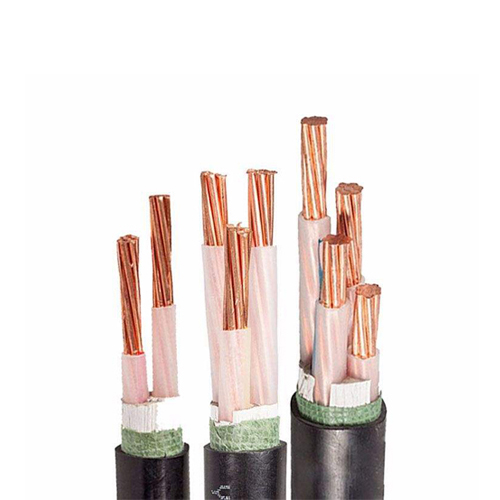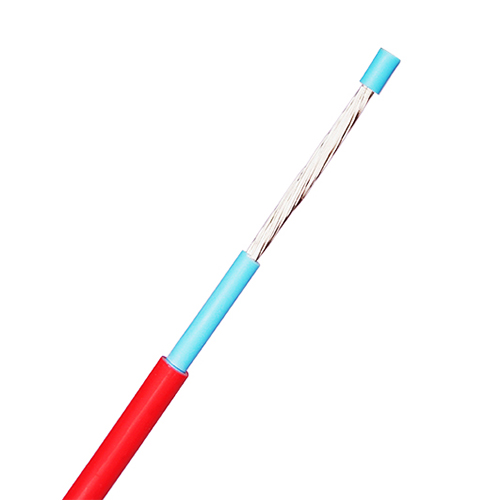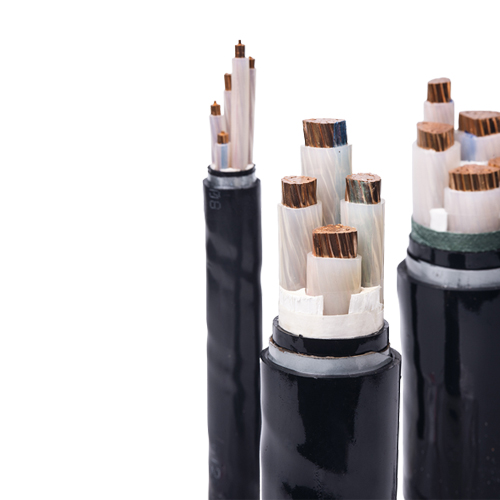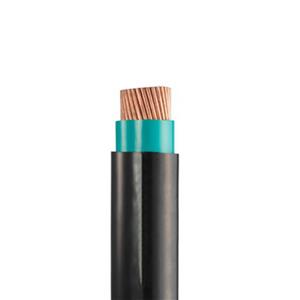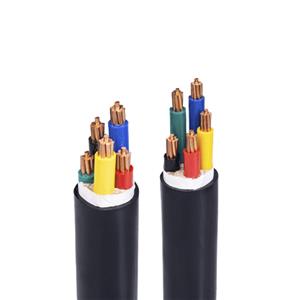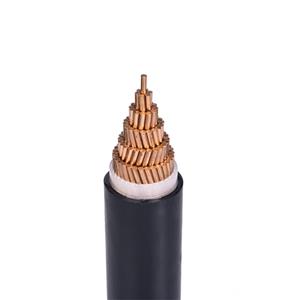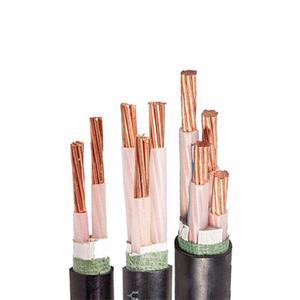Copper Core Vs Aluminum Core, PVC Vs XLPE, Armoured And Unarmoured Cable

- SIMSHENG
- China
- 15-20 days delivery after receipt of payment
- 5000000meters/day
Aluminum core cables are relatively cheap, copper cables have outstanding advantages in cable power supply, especially in the field of underground cable power supply. The use of copper core cables for power supply underground has the characteristics of low accident rate, corrosion resistance, high reliability, and convenient construction and maintenance. This is also the reason why Cu cables are mainly used in underground power supply.
PVC-Insulated Cables
PVC-Insulated Cables are widely used and have a long term permissible operational temperature of up to 70°C. These cables have perfect bending properties for easy installation and maintenance, which makes them a popular choice for indoor and outdoor uses for voltage requirements of 1kV and below. Should there be a requirement for ground emplacement, the armoured cable is preferred for higher electrical and mechanical protection.
XLPE-Insulated Cables
XLPE (Cross-linked polyethylene) is an excellent insulation material that has several advantages over conventional thermoplastic insulating material. Some advantages included zero halogen & permissible operational temperature up to 90°C, allowing the cables to with stand a greater current rating compared with PVC cables. The variance gets wider as the conductor size increases, which is also the reason XLPE insulated cables are widely chosen where bigger cables are required for main power supply.
On the other hand, XLPE insulated cables are less flexible compared with PVC cables, hence making it a less favourable choice for smaller conductor size cables where the current rating advantage is less significant.
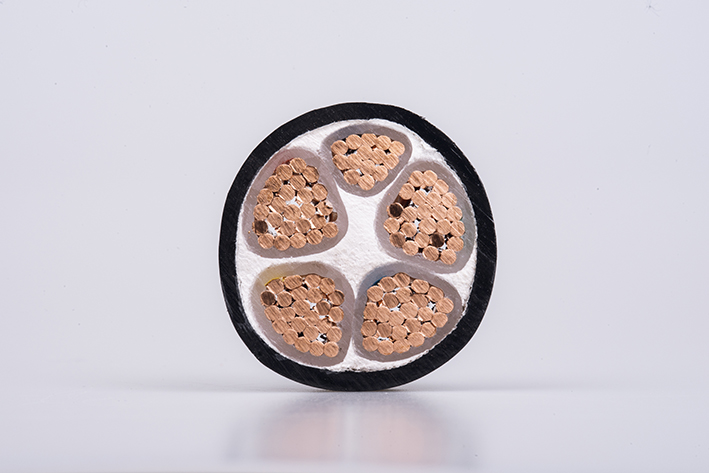
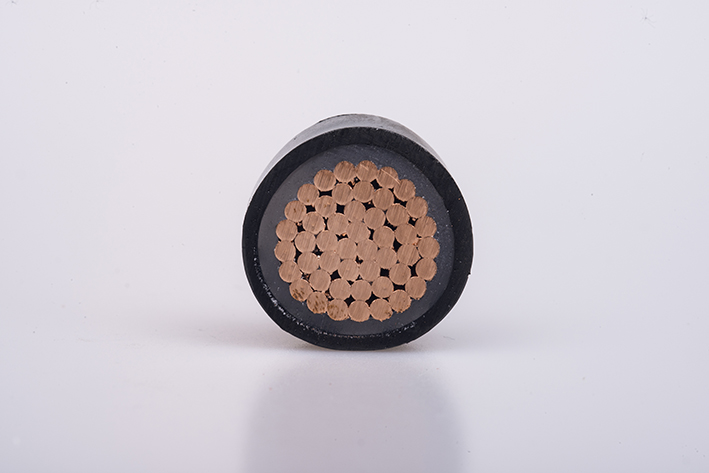
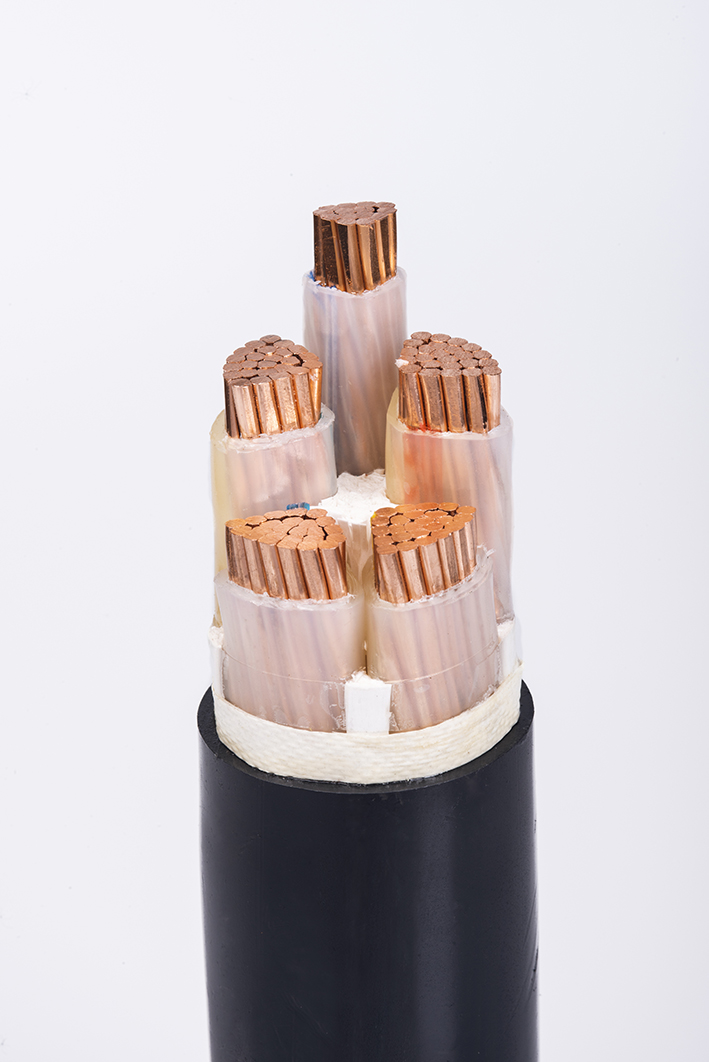
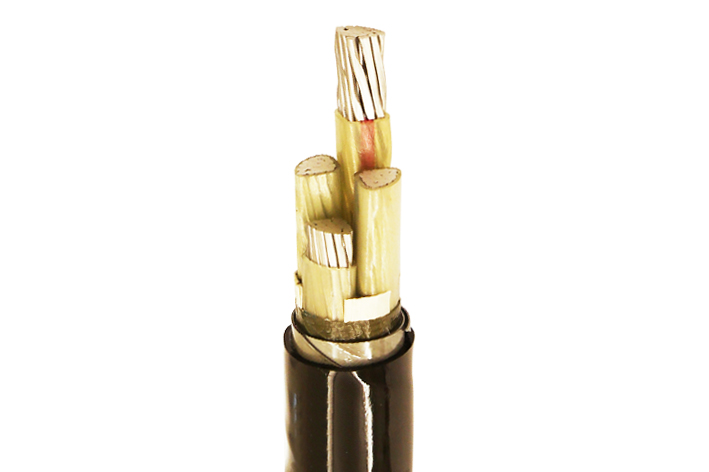
Ⅰ. Advantages of Cu cables over aluminum cables
1. Low resistivity
The resistivity of aluminum core cable is about 1.68 times higher than that of copper core cable.
2. Good ductility
The ductility of copper alloy is 20-40%, the ductility of electrical copper is more than 30%, while the ductility of aluminum alloy is only 18%.
3. High strength
As for allowable stress at room temperature, copper is 7~28% higher than aluminum. Especially the stress at high temperature, the difference between the two is even greater.
4. Anti-fatigue
Aluminum is easy to crack after repeated bending, while copper is not easy. In terms of flexibility targets, copper is also about 1.7 to 1.8 times higher than aluminum.
5. Good stability and corrosion resistance
The copper core is resistant to oxidation and corrosion, while the aluminum core is simply oxidized and corroded.
6. Large current carrying capacity
Because of the low resistivity, the Cu cable of the same cross-section is about 30% higher than the allowable current carrying capacity (the maximum current that can pass through) of the aluminum core cable.
7. Low voltage loss
Because the resistivity of the copper core cable is low, the same current flows in the same section. The voltage drop of the copper core cable is small. The same transmission interval can ensure higher voltage quality; under the agreed voltage drop condition, the copper core cable transmission power reaches a longer interval, that is, the power supply coverage area is large, which is conducive to network planning and reduces the number of power supply points.
8. Low heating temperature
Under the same current, the copper core cable with the same cross-section has much smaller heat than the aluminum core cable, which makes the operation safer.
9. Low energy consumption
Because of the low electrical resistivity of copper, it is clear that copper cables have low power loss compared to aluminum cables. This is conducive to improving the utilization rate of power generation and protecting the environment.
Ⅱ. The advantages of aluminum cables over Cu cables
1. The price of aluminum cables is cheap
Copper rods are more than 3 times the price of aluminum rods, and the proportion of copper is 3.3 times that of aluminum. Therefore, aluminum core cables are much cheaper than copper core cables and are suitable for low-cost projects or temporary electricity use.
2. The cable is very light
The weight of the aluminum core cable is 40% of the copper core cable, and the construction and transportation costs are low.
3. Anti-oxidation
Aluminum quickly reacts with oxygen in the air to form an oxide film, which can prevent further oxidation. Therefore, aluminum wire is a necessary material for high-voltage, large-section, and large-span overhead power transmission.
PVC-Insulated Cables
PVC-Insulated Cables are widely used and have a long term permissible operational temperature of up to 70°C. These cables have perfect bending properties for easy installation and maintenance, which makes them a popular choice for indoor and outdoor uses for voltage requirements of 1kV and below. Should there be a requirement for ground emplacement, the armoured cable is preferred for higher electrical and mechanical protection.
XLPE-Insulated Cables
XLPE (Cross-linked polyethylene) is an excellent insulation material that has several advantages over conventional thermoplastic insulating material. Some advantages included zero halogen & permissible operational temperature up to 90°C, allowing the cables to with stand a greater current rating compared with PVC cables. The variance gets wider as the conductor size increases, which is also the reason XLPE insulated cables are widely chosen where bigger cables are required for main power supply.
On the other hand, XLPE insulated cables are less flexible compared with PVC cables, hence making it a less favourable choice for smaller conductor size cables where the current rating advantage is less significant.

